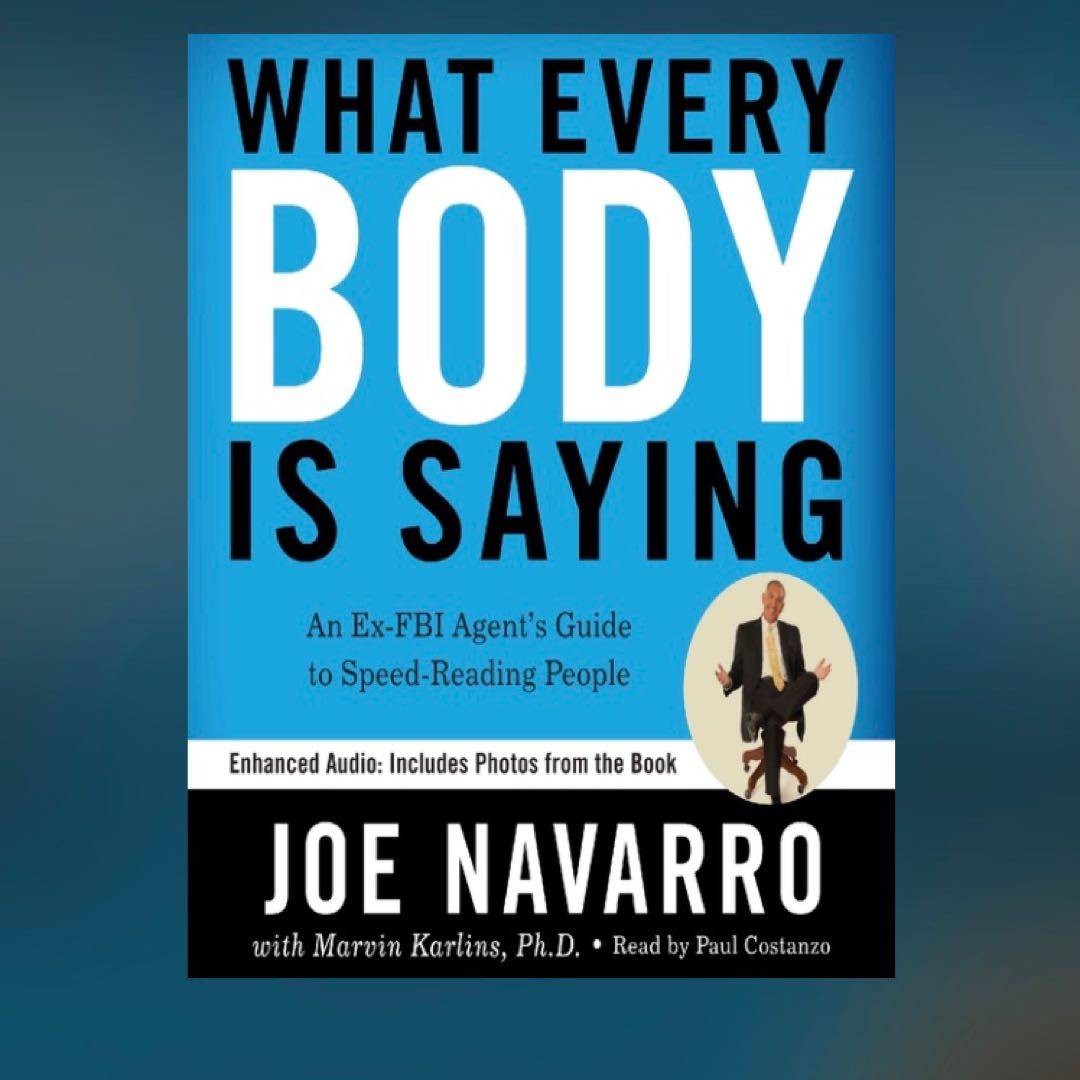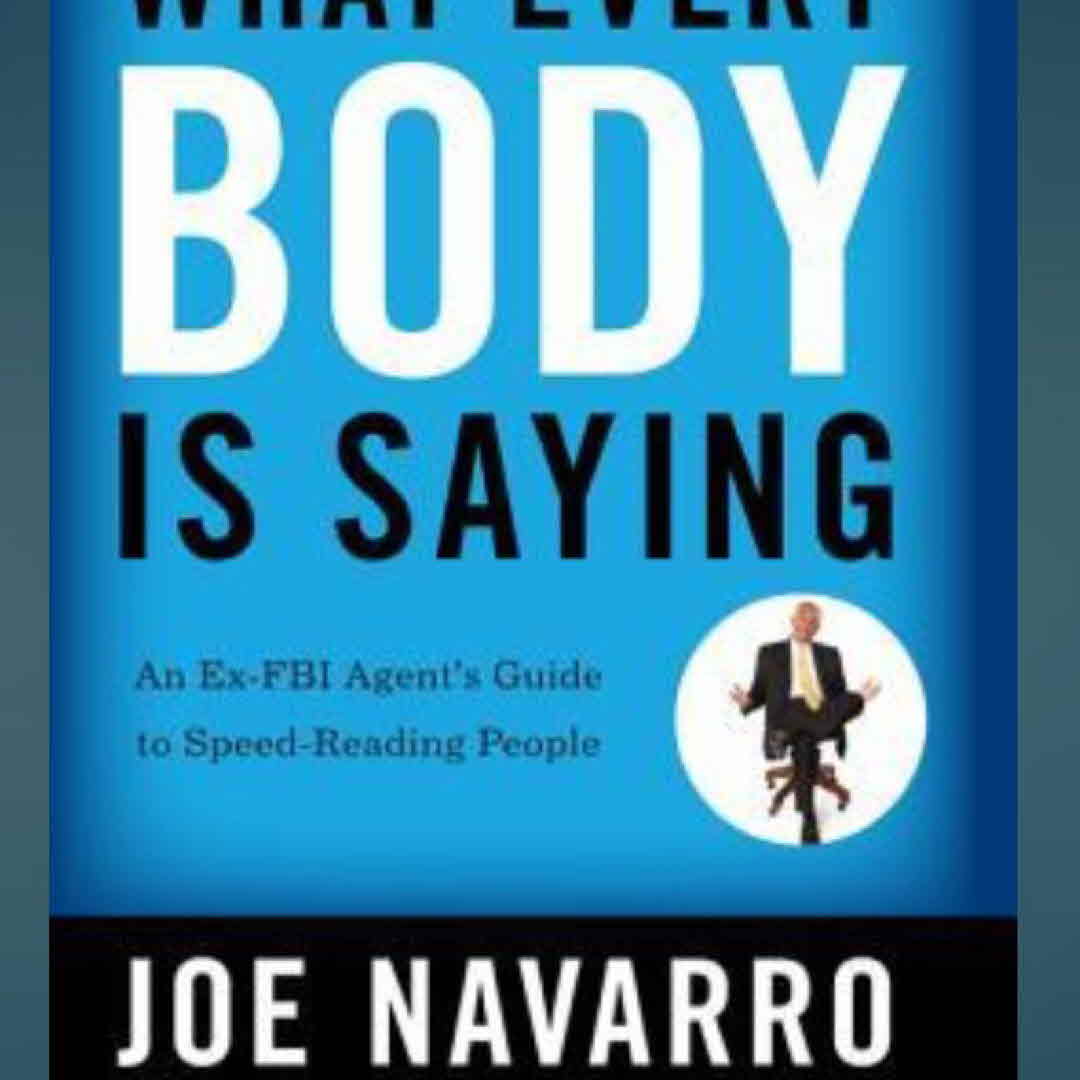
In case you were wondering about some of the books I‘ve been reading to get better at interview and interrogation. This book was all about the non verbals and is useful for anyone who wants to “read” others better.

In case you were wondering about some of the books I‘ve been reading to get better at interview and interrogation. This book was all about the non verbals and is useful for anyone who wants to “read” others better.
C7: It‘s important to look for changes in a person‘s behavior that can signal changes in thoughts, emotions, interest, or intent.
C8: Learning to detect false or misleading nonverbal signals is also critical.
C9: Knowing how to distinguish between comfort and discomfort will help you to focus on the most important behaviors for decoding nonverbal communications.
C10: When observing others, be subtle about it.
C1: Be a competent observer of your environment.
C2: Observing in context is key to understanding nonverbal behavior.
C3: Learn to recognize and decode nonverbal behaviors that are universal.
C4: Learn to recognize and decode idiosyncratic nonverbal behaviors.
C5: When you interact with others, try to establish their baseline behaviors.
C6: Always try to watch people for multiple tells, behaviors that occur in clusters or in succession.
By examining what‘s normal, we begin to recognize and identify what‘s abnormal.
The problem is that most people spend their lives looking but not truly seeing, or, as Sherlock Holmes, declared to his partner, Dr. Watson, “You see, but you do not observe.”
Nonverbal communication, often referred to as nonverbal behavior or body language, is a means of transmitting information—just like the spoken word—except it is achieved through facial expressions, gestures, touching (haptics), physical movements (kinesics), posture, body adornment (clothes, jewelry, hairstyle, tattoos, etc.), and even the tone, timbre, and volume of an individual‘s voice (rather than spoken content).
This was very interesting and really changed how I interact with others. I no longer just to whay they but also how they say it.

Favorite passages include:
"Hugh Grant is famous in the movies for his eyelid flutter whenever he screws something up."
"Bill Clinton during his deposition showed a high blink rate at times in excess of 92 per minute, but part of it was the high stress."
"Whenever Debra Messing is surprised or flummoxed, she immediately covers her neck with her hand."